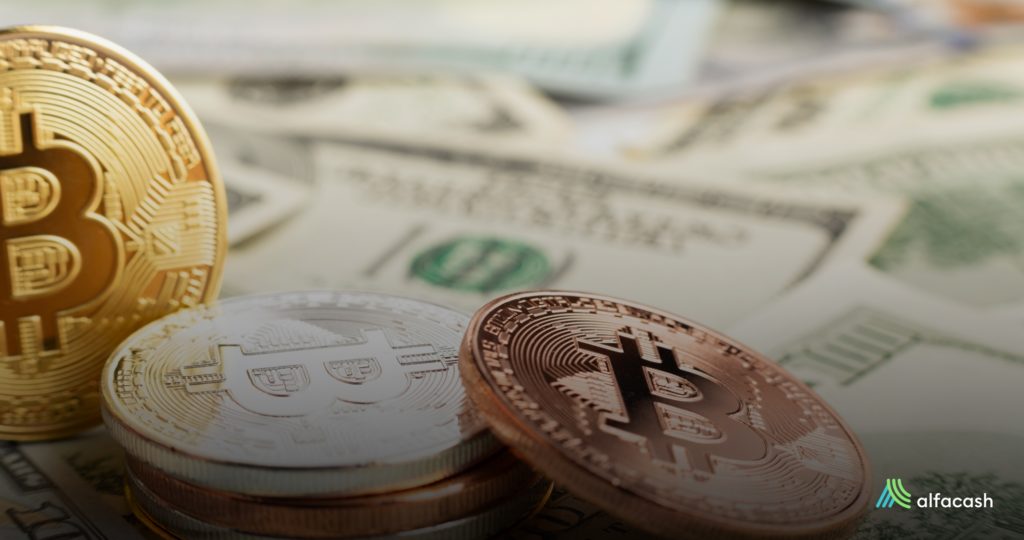BitcoinBitcoin is the first decentralized digital currency. It was created in 2009, by an anonymous founder or group of founders... More (BTCAn abbreviation for Bitcoin.) started a new era in the global economy. Its methods broke with traditional schemes, as it was the first completely digital and decentralized currency. Moreover, its value would be governed only by supply and demand; and not by any central bank. Now, we can see Bitcoin as a legal currency too.
Bitcoin initial features made it difficult to regulate for governments and regulatory bodies worldwide, though. Besides, every country has its own legal framework that must be considered individually. Therefore, the legality of Bitcoin (and other cryptocurrencies) depends largely on the country in which it’s assessed.
In the vast majority of them, such as the United States, Canada, certain countries in Asia, and the European Union, the use of Bitcoin is considered legal. Although, this doesn’t mean that it has the same status as their national currencies. Let’s see a bit about it.
Bitcoin as legal currency vs. legal money
The definition of “legal tender/currency” varies, depending on each territory. However, in general terms, we can say that this is the official means of payment inside a territory. It’s usually described as mandatory; as defined, for example, by the Bank of Spain. It’s then this “compulsory” status that could distinguish legal tender from legal money, which is also allowed as a payment method.
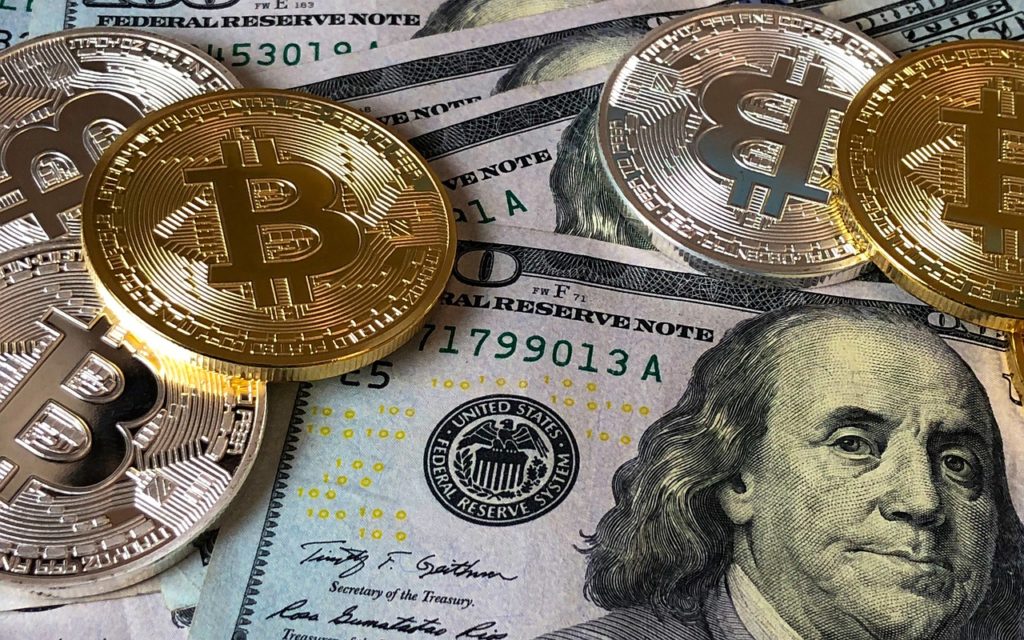
In that sense, outside the legal tender status, Bitcoin could only be accepted by individuals and legal entities as an optional payment method. This way, anyone would be entitled to reject it and request the national currency instead. On the contrary, if Bitcoin (or other cryptos) were legal currency, its adoption could be mandatory. This, of course, depending on national laws and the decisions of the governments.
So far, only one country in the whole world has officially adopted Bitcoin as legal tender, although it’s not the only currency with that status in the territory. We’re talking, of course, about El Salvador. But other countries are also opening up to legalize the currency this year.
El Salvador
The proposal to adopt Bitcoin as legal currency was made in June this year by President Nayib Bukele and hours later was approved by the Legislative Assembly. Subsequently, the so-called “Bitcoin Law” came into force on September 7, 2021.
One of the main motivations for the President to make this decision is the high cost of remittances that his citizens must pay to make international money transfers. These fees would reach amounts of up to 400 million dollars per year, representing more than 20% of the country’s GDP.

Bitcoin mining became legal in El Salvador as well. There’s even a proposal to use national geothermal energy for this purpose, but there’s no defined regulation about this yet. In terms of taxes related to cryptocurrencies, Salvadoran citizens have no obligations. Foreign investors who obtain profits in this country due to the increase in the price of Bitcoin will also be exempted.
The mandatory use of Bitcoin in El Salvador, contemplated in the Bitcoin Law (with only a few exceptions), stands out. Article 7 reads: “Every economic agent must accept Bitcoin as a form of payment when offered to him by whoever acquires a good or service”.
This has generated controversy, even though President Bukele and the Minister of Finance, Alejandro Zelaya, pointed out (contradictorily) that no one was obliged to accept Bitcoin in El Salvador. Opponents of the law have reacted with peaceful protests and also violently, destroying and burning Bitcoin ATMs installed by the government.
Panama
In Panama, the legalization of Bitcoin has not yet taken place, but there are several proposals submitted to the National Assembly. Some of them contemplate legalization and taxation, and others the regulation of Bitcoin mining or a combination of both. It should be noted that none of them have been approved or dismissed yet. There are still no clear guidelines on these issues.

In any case, the use of Bitcoin would be optional and not mandatory. The only legal tender currencies in this country would continue to be the local Balboa (PAB) and the US dollar (USD). As for the proposed laws, it’s been suggested that, in addition to legalizing Bitcoin as a payment method, taxes and licenses would be applied to cryptocurrencyA digital currency running on a blockchain and built with cryptography. Contrary to central-bank issued currency, cryptocurrency issuance rules are... More miners and companies (such as crypto exchanges).
Ukraine
This month, Ukraine’s parliament (called the Verkhovna Rada) passed a bill that legally recognizes and regulates cryptocurrencies such as Bitcoin. Even so, these aren’t considered legal tender but can be legally exchanged and declared by the citizens of this country.
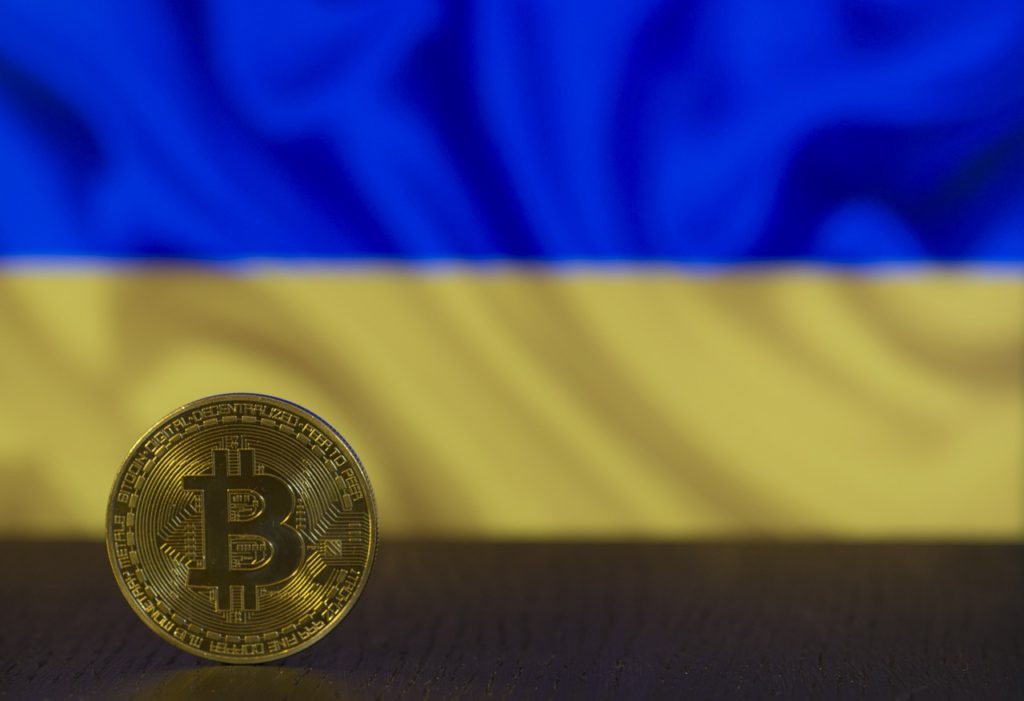
Previously, Ukraine has held the highest crypto-adoption positions globally, according to Chainalysis. Indeed, this 2021, it became known through a report by Opendatabot that over 652 public servants in Ukraine held a combined total of 46,351 bitcoins (BTC). From now on, these transfers leave a gray zone to become completely legal within the territory.
Among the new measures to be imposed are licenses and taxes aimed at crypto-companies wishing to operate in the country. In addition, both consumers and service providers in this industry will have legal protection.
Cuba
The Caribbean country recognized Bitcoin as a payment method with a new law that came into force this month. The new legal framework also contemplates the regulation of Bitcoin and cryptocurrencies. It specifies that crypto transactions can be carried out between financial institutions, legal entities, and individuals, as long as they are authorized by the Central Bank of Cuba.
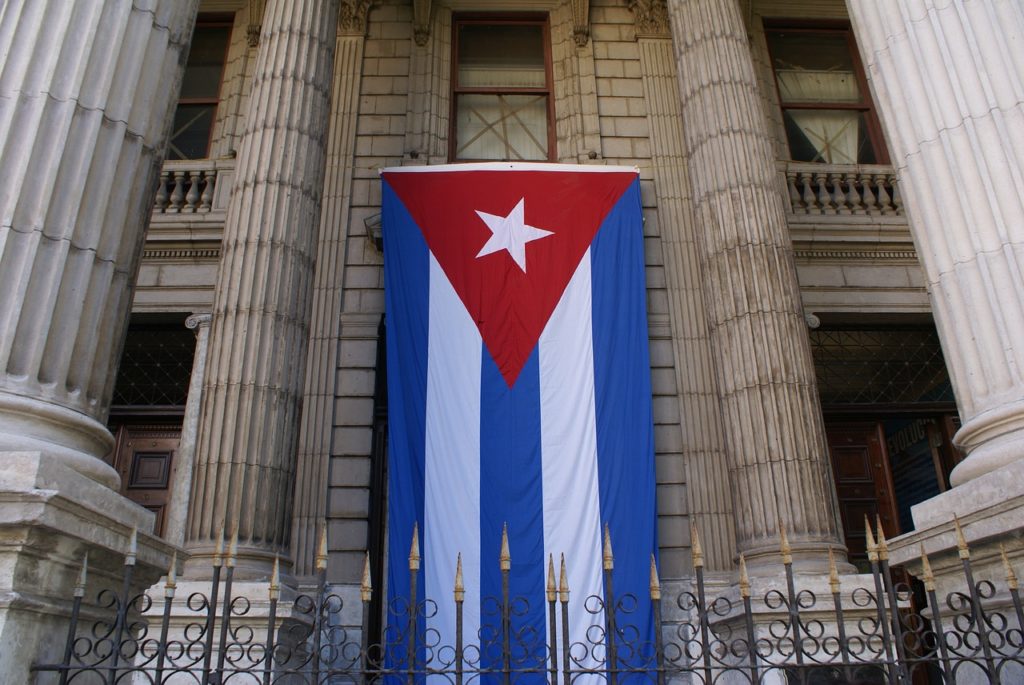
Apart from that, transactions with cryptocurrencies aren’t forbidden, but it’s been warned that they won’t be protected by law. Likewise, all companies that want to operate with these assets in the territory must obtain the respective license.
We can mention that the use of Bitcoin in this country emerged as an alternative for sending remittances, given the lack of access of Cubans to the international economy. However, Bitcoin won’t be legal currency here: only the Cuban peso remains as legal tender.
Bitcoin as legal currency in other countries
There are certain countries that, even without having adopted Bitcoin as legal tender, have more friendly regulations towards cryptocurrencies. For example, we have Malta, known as “the blockchainBlockchain is a type of database storing an immutable set of data, verifiable to anyone with access to it —through... island”. This was one of the first countries to regulate Bitcoin to encourage its use without crime. Another case is Japan, where Mt. Gox, once the world’s largest Bitcoin exchange, was born.
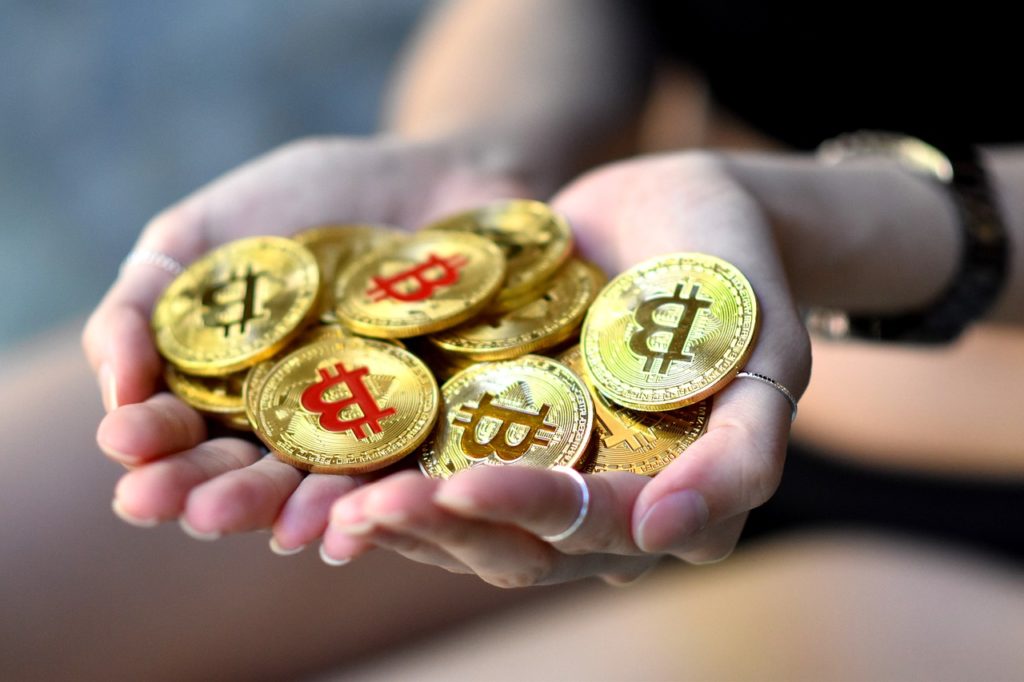
Switzerland, Singapore, and Estonia also join this list, considering bitcoin legal and widely used there. A more recent case to highlight is Laos, whose government finally authorized Bitcoin trading and mining after three years of prohibition. This reflects the fact that more and more countries are joining the crypto world.
While Bitcoin was born to be a currency outside of state control and regulations, governments would inevitably want to regulate its use within their jurisdictions. This could also bring major benefits like an increase of confidence in its use. Higher adoption and guaranties, and also accessible education about it is also in the way.
Wanna trade Bitcoin and other tokens? You can do it safely on Alfacash! And don’t forget we’re talking about this and a lot of other things on our social media.
Twitter * Telegram * Facebook * Instagram * Youtube * Vkontakte
